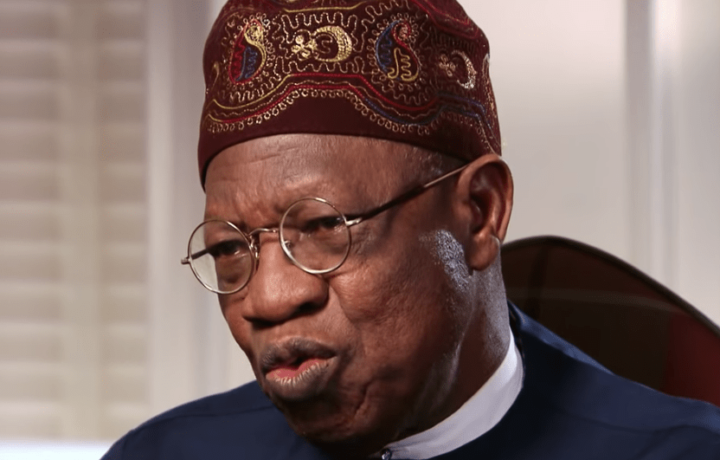Global crude oil prices continued to contract on Thursday as countries across the world continue to record new cases of coronavirus.
For Nigeria, this does not tell a good story as the country depends on crude oil for an estimated 90% of export earnings and more than 50% of government revenue.
As at 2pm on Thursday, Brent crude which is the international benchmark for crude oil was trading at $51.95 per barrel.
This figure is $5 lower than Nigeria’s $57 crude oil benchmark in the 2020 budget.
Advertisement
US West Texas Intermediate was also trading at $47.31 per barrel, down 2.91%.
According to the International Energy Agency (IEA), global oil demand will witness its first contraction in a decade because the coronavirus outbreak has resulted in a partial shutdown of the Chinese economy.
The outbreak has also affected businesses and governments across the world as the supply of some raw materials have been delayed and conferences cancelled.
Advertisement
Commenting on the impact of reduced oil prices on Nigeria’s economy and the risk of a recession, Lukman Otunuga, FXTM research analyst, said recession will continue to hang over the Nigerian economy for as long as crude oil remains the primary source of revenue.
“Falling oil presents negative consequences for the economy, especially when considering how roughly 90% of export earnings and over 50% of government revenues are from crude exports,” he told TheCable.
“What is even more alarming is Nigeria’s 2020 budget which has set the benchmark for oil at $57. With Brent and Crude both depreciating over 15% since the start of 2020, it raises tough questions whether Nigeria will meet its oil revenue goal of N2.64 trillion.
“The woes do not end here. Foreign exchange reserves are poised to decline on lower oil which not only complicates the Central Bank of Nigeria’s (CBN) efforts to defend the Naira but raises the risk of inflation running rampant.
Advertisement
“The toxic combination of lower government revenues, rising consumer prices and weakening local currency is more than enough to threaten Nigeria’s fragile economic recovery.”
Providing an alternative, Otunuga said a sustainable revenue source would be aggressively pushing exports of agricultural products
“However, this requires diversification and massive investments in infrastructure which will not happen overnight,” he said.
“In the near term, expanding the tax base to diversifying away from oil income could raise non-oil revenues. The main VAT rate has already been increased from 5% to 7.5% while the Federal Inland Revenue Services (FIRS) plans to raise the country’s tax ratio of 6% of GDP to 17% to raise revenues.”
Advertisement
Add a comment







